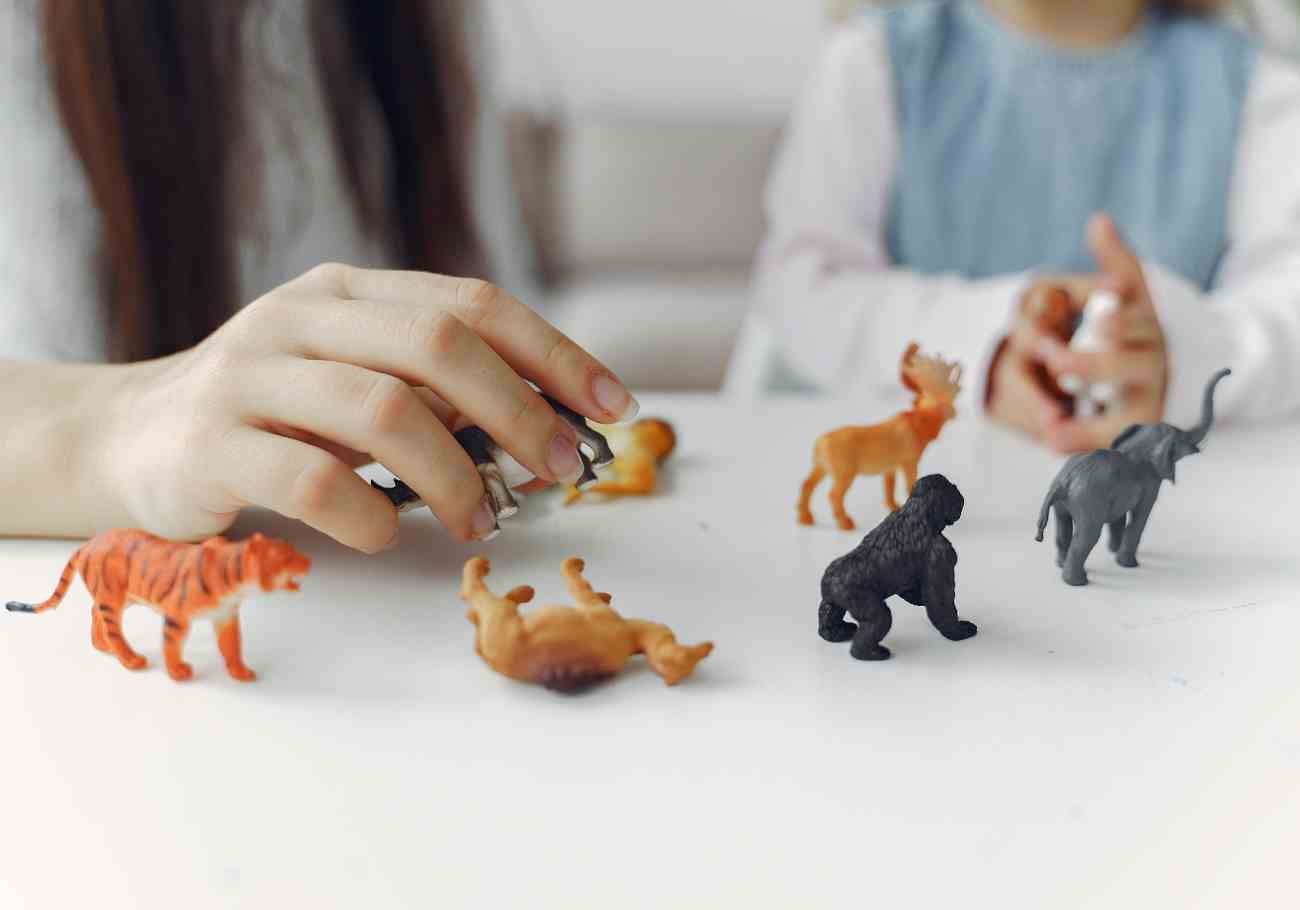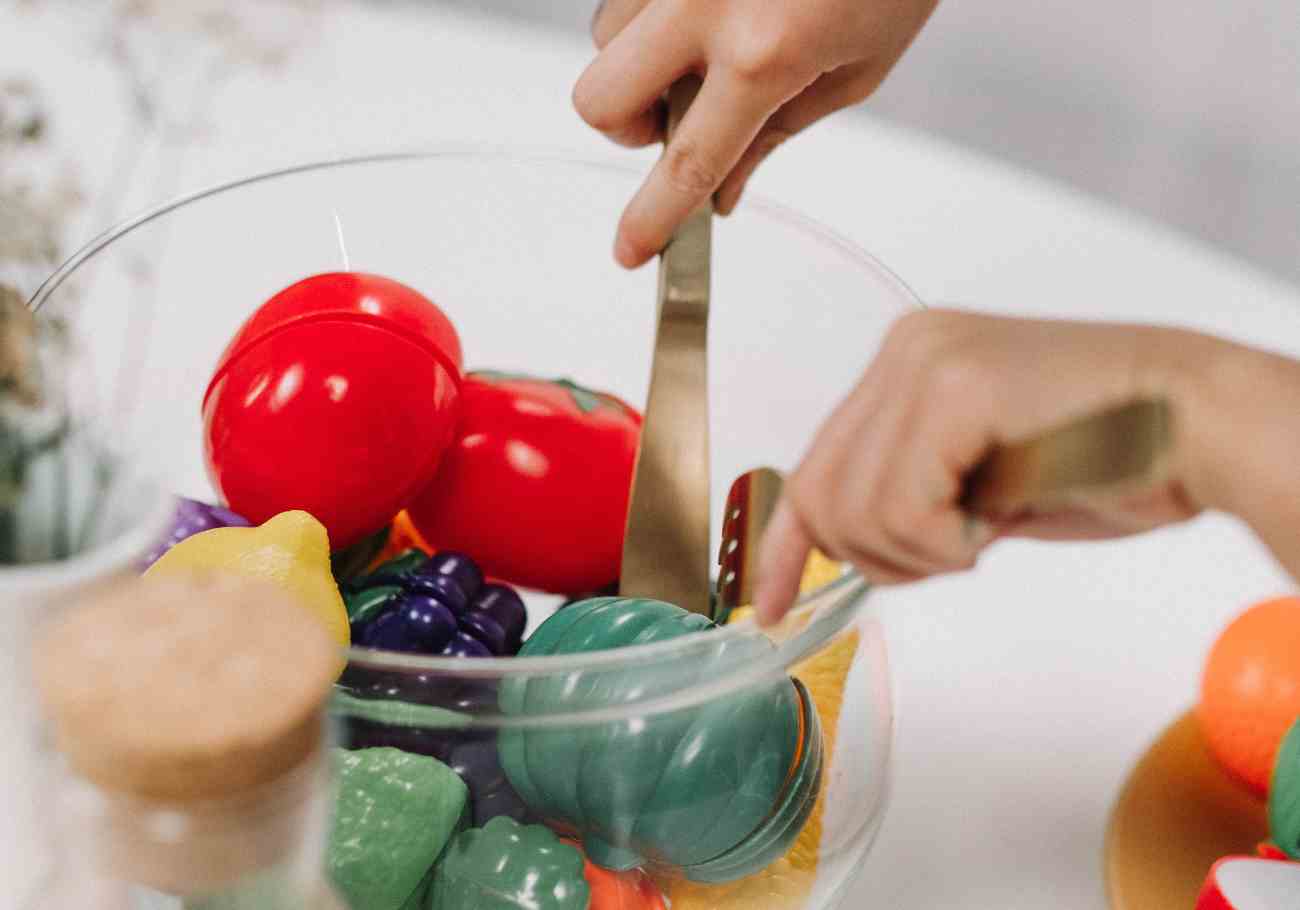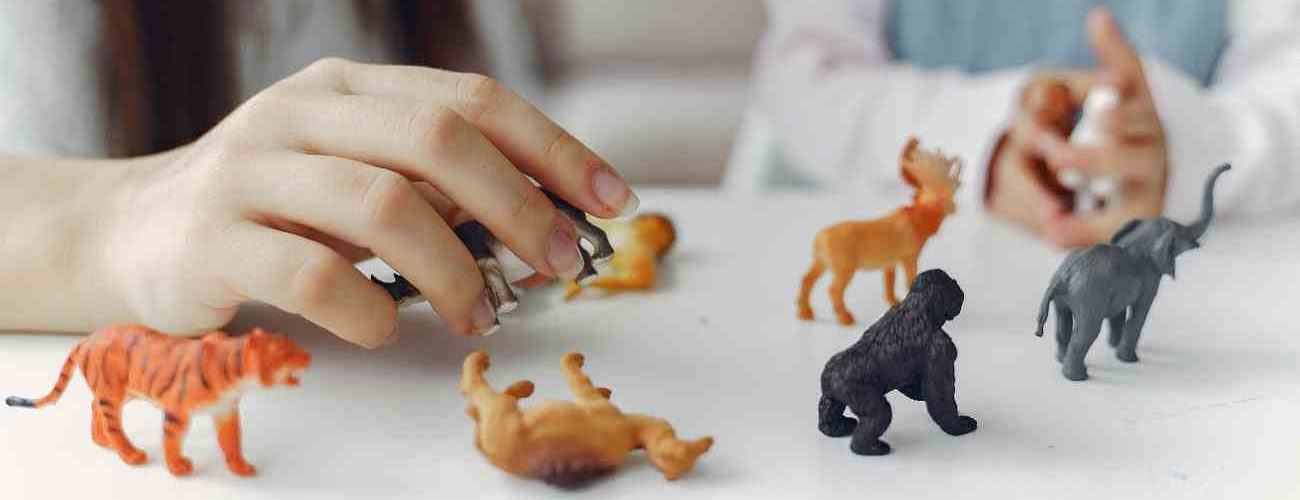
The Consumers Association of Penang (CAP) issues a stark warning to parents, urging them to steer clear of plastic toys for their children.
The alert comes as CAP uncovers alarming levels of chlorinated paraffins, highly toxic chemicals, present in plastic toys.
These substances, known to cause severe health issues, are found to be released throughout the life cycle of plastics, posing risks through inhalation, skin contact, and ingestion.
A recent international study conducted by the International Pollutants Elimination Network (IPEN) reveals distressing concentrations of chlorinated paraffins in toys collected from 10 countries, including Malaysia.
Chlorinated Paraffins in plastic toys

Chlorinated paraffins, specifically short-chain (SCCPs) and medium-chain (MCCPs), are identified in all 31 plastic toy samples analysed by IPEN.
These toxic chemicals, known for their adverse effects on the liver, kidneys, endocrine system, and potential carcinogenic properties, are found in various toys, including inflatable horses, rubber ducks, dolls, and plastic teddy bears.
Notably, several toys contain high levels of SCCPs, meeting criteria for hazardous waste classification.

IPEN’s October 2023 report underscores the urgent need for global regulations on chlorinated paraffins in toys.
The study exposes the lack of labelling for toxic chemicals in the tested toys, emphasising the importance of traceability and transparency throughout the plastics life cycle.
Despite SCCPs being listed for elimination under the Stockholm Convention in 2017, Malaysia has yet to ratify the Convention, raising concerns about the potential exposure of Malaysian children to these harmful substances.
IPEN’s report and regulatory gaps

The IPEN report, titled “Are Your Children’s Toys Hazardous Waste? High Levels of Chlorinated Paraffins in Plastic Toys from Ten Countries,” highlights critical gaps in current toxic chemical regulations.
It emphasises the necessity of regulating chemical classes, preventing “regrettable substitutions” and exposing the harm of allowing exemptions for continued use of toxic chemicals.
The study also underscores the significance of transparency and traceability in monitoring chemicals used in plastics.

CAP responds to the latest revelations by calling for a comprehensive ban on chlorinated paraffins as a class. The findings raise concerns about the potential risks posed to children globally, especially given the international nature of toy manufacturing and distribution.
As concerns escalate over the hazardous content of plastic toys, CAP’s call for a ban on chlorinated paraffins echoes the urgency of IPEN’s findings. The absence of proper labelling and traceability in toys adds to the risks faced by children globally.
CAP urges parents to exercise caution in toy choices and demands swift regulatory action to eliminate these toxic substances from the manufacturing process.











